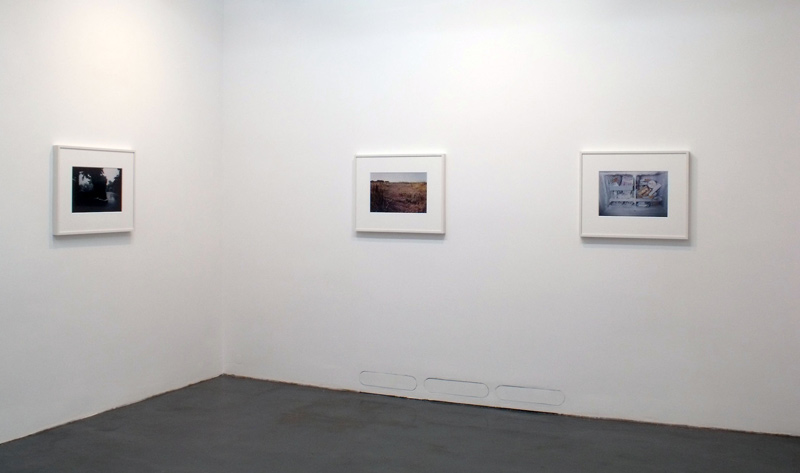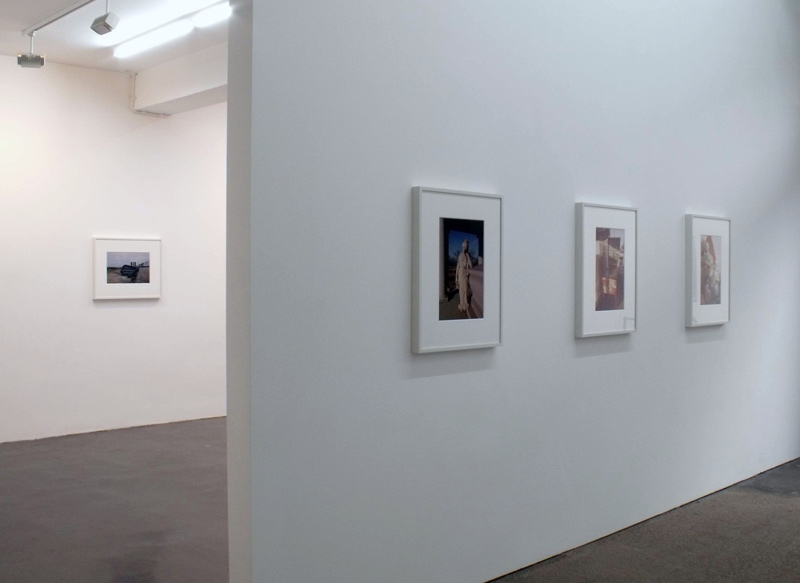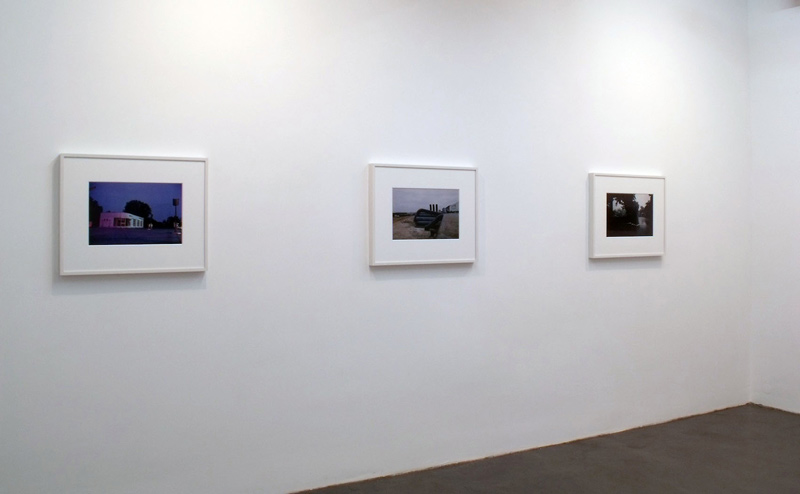William Eggleston
April 28 – July 19, 2012
William Eggleston (*1939 in Memphis, Tennessee) is considered one of the most important American photographers. He is especially known for his revolutionary use of color, as well as for his unconventional image compositions. His first solo exhibition—also the first in museum history to feature color photographs—was organized for him in 1976 by the Museum of Modern Art in New York. The influential art historian and then-director of MoMA’s photography department, John Szarkowski, recognized the groundbreaking significance of Eggleston’s work, but the exhibition sparked considerable hostility—sharply criticized by both press and public, New York Times critic Gene Thornton even dubbed it the “most hated show of the year” in his review.
Eggleston was polarizing—at the beginning of the 1970s, the use of color in artistic photography was still considered vulgar (see interview with Walker Evans, Image Magazine, Vol. 17, No. 4, 1974). But it wasn’t just the use of color that provoked criticism; Eggleston’s unsettling staging of the everyday added to the controversy. His unusual image compositions were misunderstood as mere snapshots of entirely unworthy subjects—“perfectly banal,” as journalist Hilton Kramer put it. Rather than orienting himself toward a frontal and linear composition style (like Walker Evans), Eggleston, like many of his New York contemporaries (Diane Arbus, Garry Winogrand, Lee Friedlander, among others), was more interested in asymmetrical image structures.
Eggleston does not assign a hierarchy to color; he dissociates it. The unease evoked by his images stems from the dissolution of traditional image order and contains something anarchic: “I am at war with the obvious” (William Eggleston in an interview with Mark Holborn, afterword to The Democratic Forest). His psychological treatment of color became a guiding influence for numerous artists, especially David Lynch and Juergen Teller.
Hengesbach Gallery is showing his series Troubled Waters, created in the early 1970s, which exemplifies Eggleston’s engagement with the American South. The title of the series itself references the cultural roots of the Mississippi—song lyrics by blues legend Muddy Waters, such as “I be’s trouble” or “Trouble no more,” programmatically express the melancholia of the Southern States. The works in the Troubled Waters series symbolize an intangible yet persistent American trauma.
Installation Views




